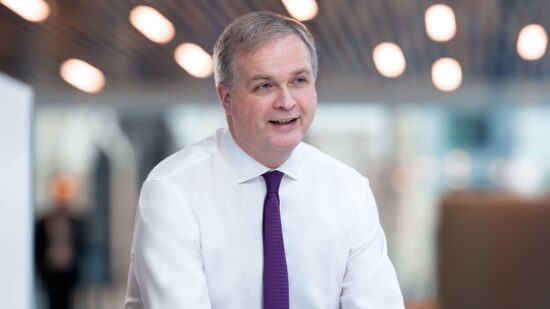UK CPI inflation remained unchanged at -0.1% in October. This was in line with consensus expectations and the Bank of England’s forecast in its most recent Inflation Report. It is the eighth month in a row where inflation has sat between -0.1% and 0.1%.
The core inflation measure – which excludes energy, food alcohol and tobacco – rose 1.1% year on year, up from 1.0% in September. At the same time, RPI inflation fell to 0.7% (from 0.8% in September). Clothing and footwear prices headed higher, while food and alcohol exerted downward pressure.
Chris Hare, economist at Investec, said: “Our firm view is that today’s (second) negative inflation outturn does not herald a persistent deflationary episode. That is because low inflation largely reflects transitory factors, namely, falls in oil prices at the turn of this year, and falling import prices caused by strength in trade-weighted sterling (up more than 10% over the past two years). Crucially, falls in energy prices really began to intensify in October 2014, so base effects should allow the annual inflation rate to start rising materially above zero very soon.”
Maike Currie, associate investment director, Fidelity International agreed that some of the key deflationary influences will wane from here: “For now the UK’s weak inflation rate is largely due to external factors – persistently weak global demand and a strong pound pushing down commodity prices.”
She said that labour costs could be unpredictable. She added: “One reason why wages are staying low could be because technology has made it easier and cheaper to substitute man for machine. This suggests much larger structural issues are keeping inflation at bay.” She says that interest rates could stay low for the foreseeable future if low inflation turns out to be less cyclical than structural.
David Coombs, head of multi-asset investments at Rathbones Investment Management, said: “Our core thesis remains that there may not be rate rises in the UK next year and inflation will remain sub-1%. As such, we have been buying into gilt markets.”








